If you’re beginning to speak Italian, then it’s important to learn the names and the words associated with the days of the week, months of the year and the ever-changing seasons. Not only will these words help when telling time and planning ahead with newfound friends, but they’ll also help you to describe the weather.
The Days of the Week in Italian
Monday = lunedì
Tuesday = martedì
Wednesday = mercoledì
Thursday = giovedì
Friday = venerdì
Saturday = sabato
Sunday = domenica
Take note that in Italian “dì” makes a “dee” sound. So, for example, lunedì is roughly pronounced as loon-eh-dee.
The above names were all derived from Roman deities and every day is associated to a body in the solar system:
lunedì = Luna = Moon
martedì = Marte = Mars
mercoledì = Mercurius = Mercury
giovedì = Giove = Jupiter
venerdì = Venere = Venus
sabato = Saturno = Saturn
domenica = Sole = Sun
Also, it’s important to note that unlike in English the days of the week in Italian are not capitalized. Here are some examples of the days of the week in sentences:
Sarò di ritorno a casa lunedì = I’ll be back home Monday
Non lavoro fino al prossimo martedì = I don’t work until next Tuesday
Mercoledì, quando ci siamo viste, hai dimenticato il tuo portafoglio = Wednesday, when we met, you forgot your wallet.
Andiamo al cinema giovedì = We are going to the movies on Thursday.
Che giorno è oggi? Oggi è venerdì = What day is it today? Today is Friday
Di rado lavoro il sabato = I seldom work on Saturday
Da domenica io sono libero = As of Sunday I’m free
Oggi è venerdì = Today is Friday
Notice that if you add the day of the week at the end of the sentence you can then add the preposition “di”.
Io posso vedere Mario solo di sabato = I can only see Mario ON Sunday
Le scuole sono chiuse di domenica = Schools are closed ON Sundays
To indicate habitual days we can use a definite article in a singular form:
Il lunedì vado al cinema = I go to the cinema on Mondays
La domenica incontro i miei amici = I meet my friends on Sundays
Il prossimo sabato vado al ristorante = Next Saturday, I’ll go to the restaurant
Tutti i sabati vedo Carlo = On Saturdays I see Carlo
The Months of the Year in Italian
Like days’ names, also months in Italian have Roman origins. For example, gennaio (January) comes from Janus, who supported the beginning of all events, febbraio (February) comes from the latin “februare” which means purification, held in honor of the roman goddess Febris, and marzo (March) derives from the Roman god Marte, the god of war, as most wars in the ancient world began in March with the spring thaw. Aprile is thought to come either from the Greek goddess Aphrodite, to whom April was dedicated, or from Latin “aperire,” which means to open (because April is the month when flowers bloom). Maggio (May) comes from the name of Maia, Roman goddess of the Earth and in Christian culture May is the month of the Madonna (Virgin Mary). Giugno (June) derives from Giunone, the wife of Jupiter, while luglio (July) was named in honor of Julius Caesar who was a Cancerian, born on the 13th of July. Agosto (or August) was named after another great Roman, Julius Caesar’s heir and the first Roman Emperor, Caesar Augustus. Settembre (September) and Ottobre (October) come from the Latin words for seven and eight, as they were respectively the seventh and the eighth month in the Roman calendar. Similarly, novembre and dicembre come from the Latin words for nine and ten. When written, the months in Italian are only capitalized if they’re the first word of a sentence.
IN, A prepositions + month = indicates an event taking place within that month
In luglio partiremo per l’Italia = In July, we shall leave for Italy
A dicembre cambierò casa = I’ll move in December
I corsi iniziano in ottobre = Classes begin in October
Noi andremo a Roma in settembre = We are going to Rome in September
In nord America la primavera inizia in marzo = In North America spring begins in March
The Seasons in Italian
Primavera – Spring is a gorgeous time to visit Italy. Not only you’d skip on the stifling heat of the summer, but you’d get to enjoy nature blooming and visit sites with less of a tourist crush. Festivals, concerts and processions are very common at this time of year. Toward the end of spring temperatures can get quite warm and you can enjoy outdoor dining, strolling, biking or jogging.
Estate – Summer is the hottest time of the year in Italy. Try summers in Sardinia, Sicily and Calabria, which are just some of the many regions in the country with gorgeous beaches. Temperatures at this time can rise above 30 degrees celsius so locals often escape cities to vacation by the sea or near the mountains. August (ferragosto) is the traditional month for Italians to take vacation.
Autunno – Like spring, the fall is a perfect time to visit Italy. Not only will you enjoy cooler temperatures and less crowded cities, but the prices will also be lower. Enjoy traditional tourist destinations, or participate in one of the many festivals held in towns across Italy in the fall. Italian Food festivals (sagre) are very popular and common during this period of the year. Some fall festivals:
-
Turin Food Festival, October 21-25
-
Pumpkin Festival (Festival della Zucca)
-
Festival dell’Aglio (Garlic Festival)
-
Tortellini Day in Ferrara (October)
-
Sagra del Tartufo Truffle Festival (October)
A few years back one of these festivals in the area of the Langhe, Piedmont, a white truffle was auctioned off to the tune of 100,000 euros. Altogether 250,000 euros worth of truffles were sold. Autumn in Italy is also celebrated by a flower exhibition in Parma, to celebrate harvest time and the fruits of the fall.
Inverno – Most people think of Italy as a summer vacation spot only and that couldn’t be farther from the truth. Italy offers beautiful scenery throughout the winter and boasts great skiing resorts for outdoor enthusiasts. Piedmont offers skiing and mountain sports in the villages that hosted the 2006 Winter Olympics and you can ski anywhere the Olympians did. Cervinia, near the Swiss border, Sappada, Cortina (Dolomites), Val Gardena, Gran Sasso and Roccaraso (Abruzzo) all offer developed ski resort and many other winter sports.
No matter what day you land in what month or what season just remember to enjoy your time in Italy!
Check out our article of Colors in Italian!
By Elisa Bressan

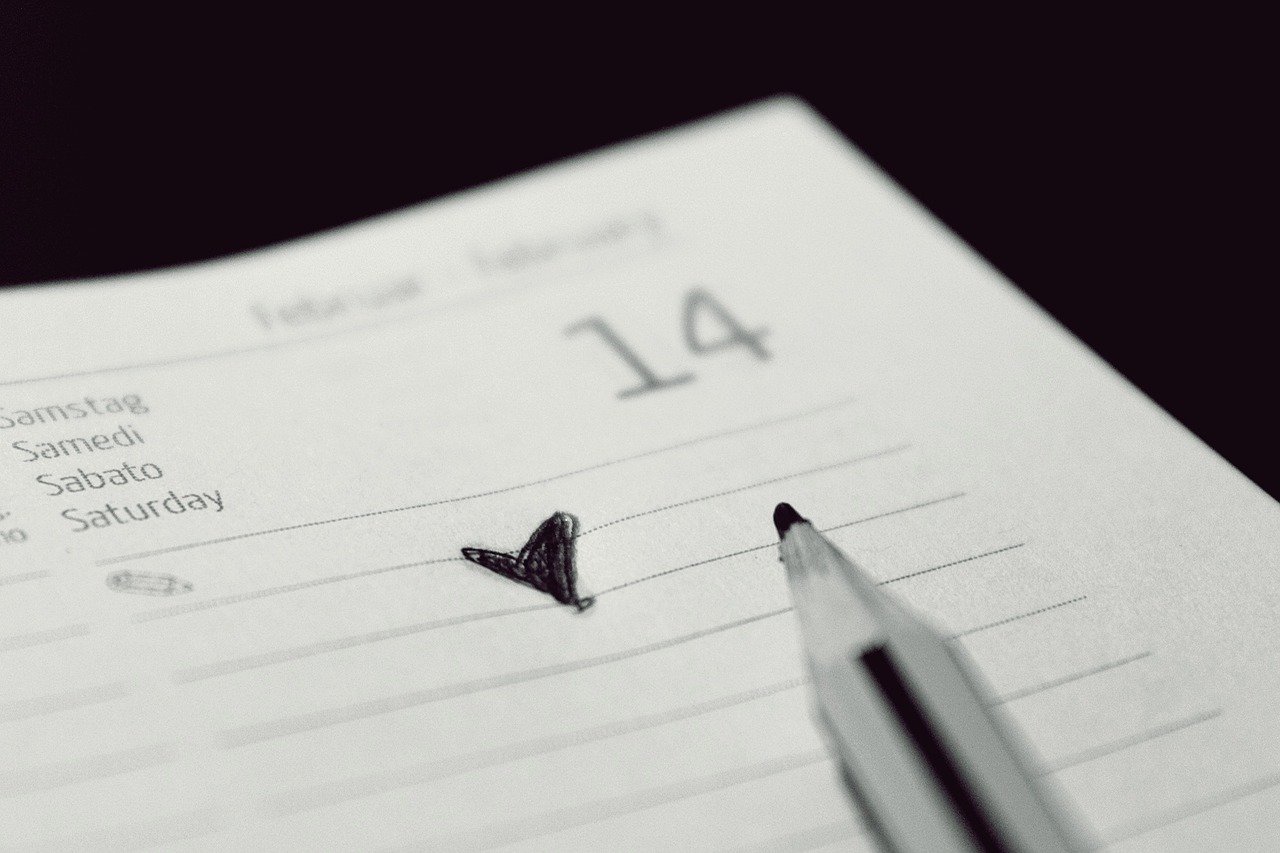




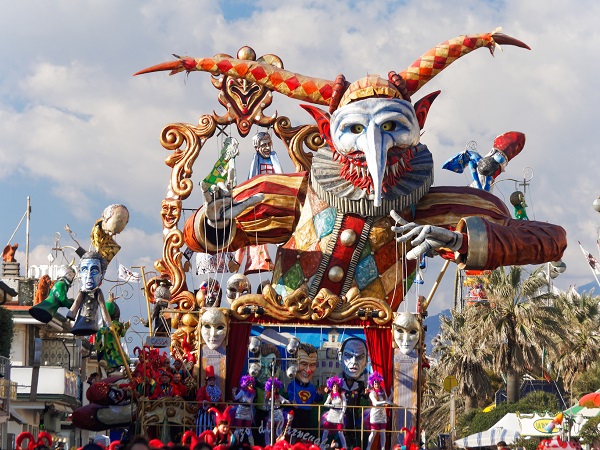

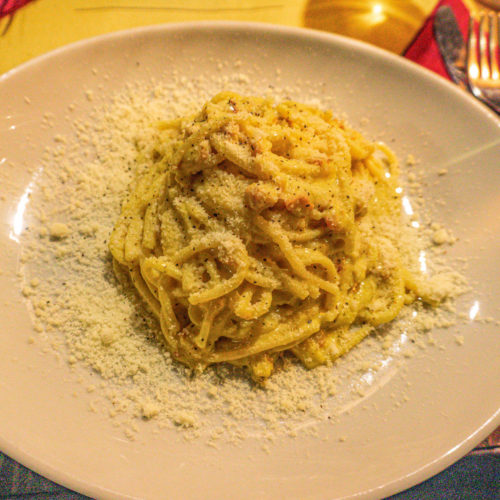
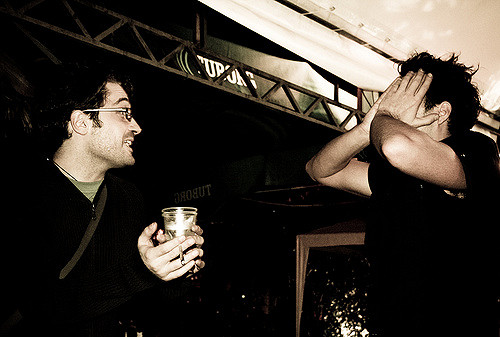
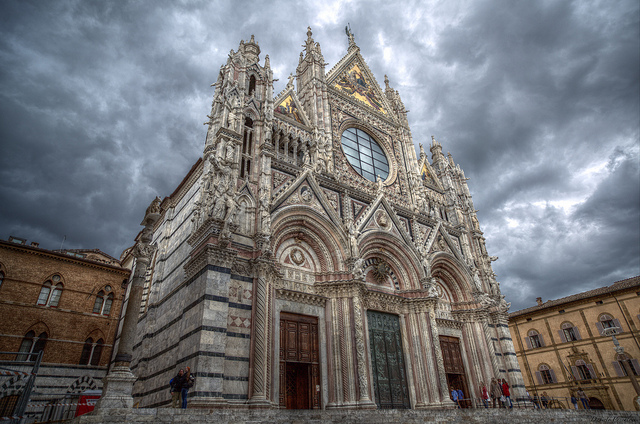
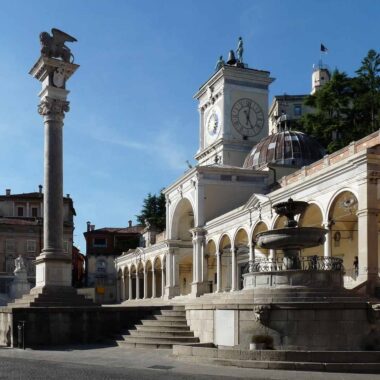

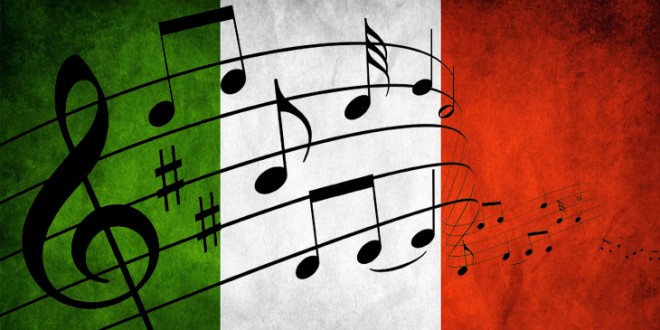
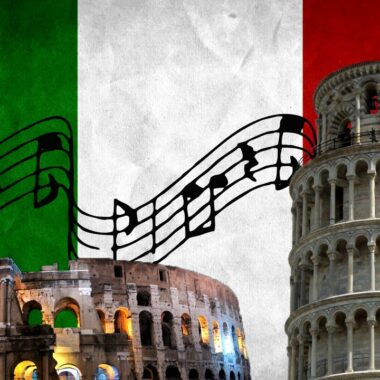
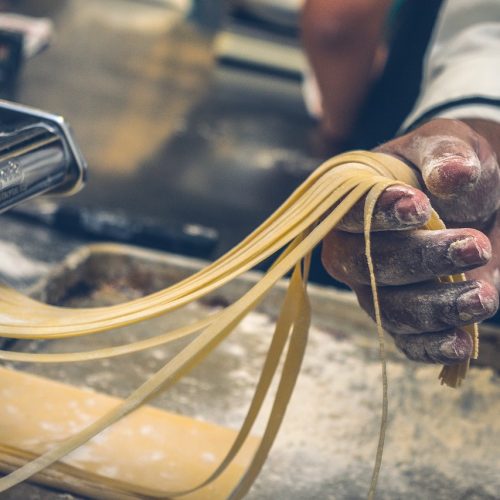
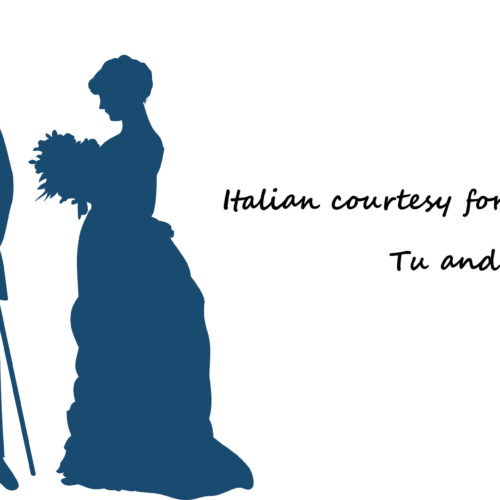


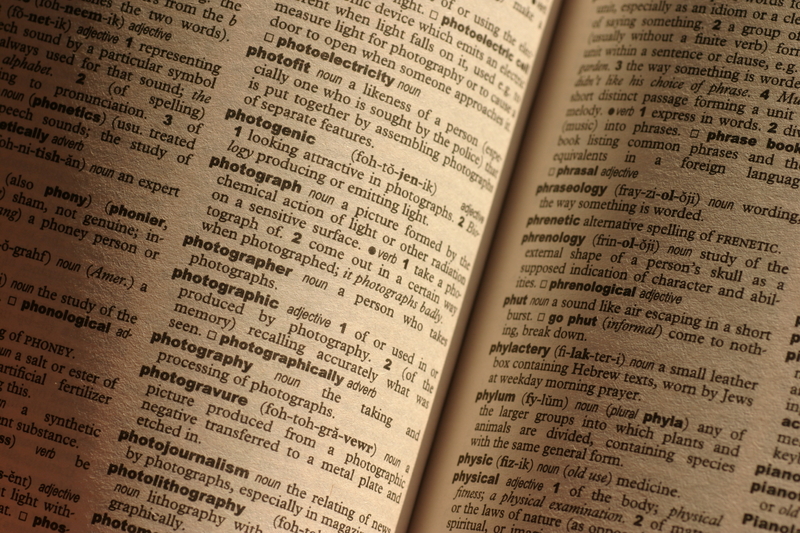


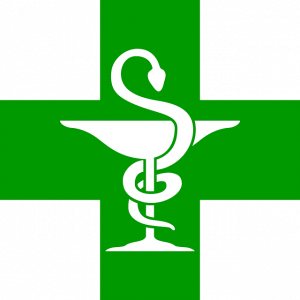
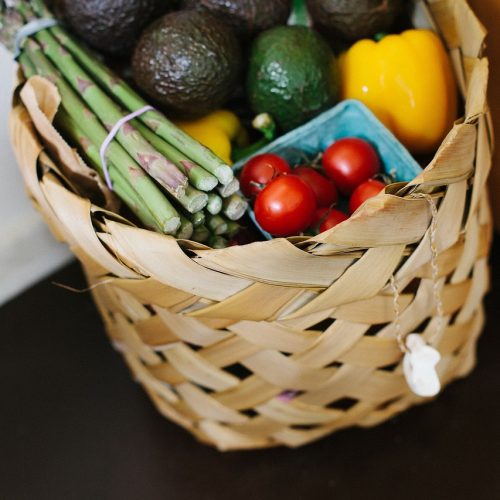


As a Belgian learning Italian, I think your explanation is top!